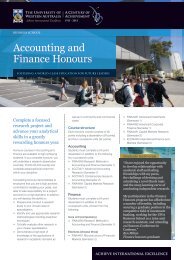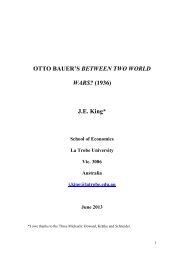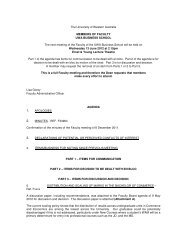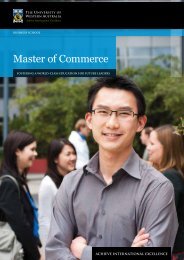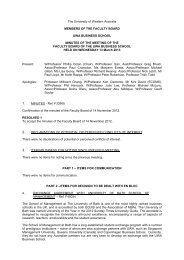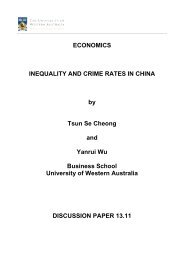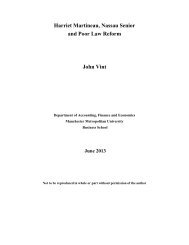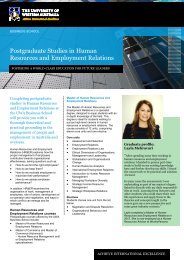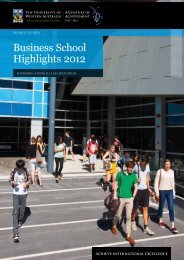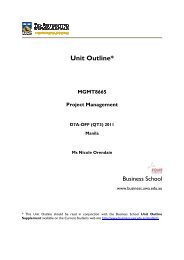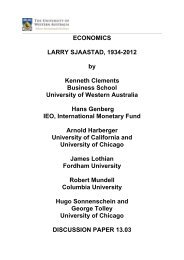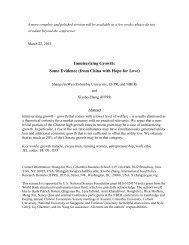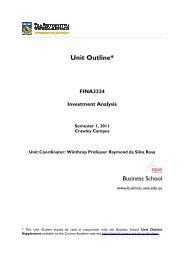A Dynamic Model for determining Inward Foreign ... - Business School
A Dynamic Model for determining Inward Foreign ... - Business School
A Dynamic Model for determining Inward Foreign ... - Business School
Create successful ePaper yourself
Turn your PDF publications into a flip-book with our unique Google optimized e-Paper software.
1. Introduction<br />
<strong>Foreign</strong> direct investment (FDI) is the most significant factor of economic growth, which<br />
encourages productivity of the national economy, augment’s the use of technology,<br />
reducing unemployment by creating new jobs and other encouraging output that<br />
differentiate this <strong>for</strong>m of investment from other funding sources.<br />
Consequently, most developing countries realised the need <strong>for</strong> FDI to increase rates of<br />
economic growth. Despite the race among Arab economies to improve its business<br />
environment to pull <strong>for</strong>eign investment via contemporary legislations to attract this <strong>for</strong>m of<br />
investment and increase the competitiveness of their national economy, most of these<br />
countries are still suffering from a low volume of inward FDI compared to other<br />
economies. This is due to the absence of efficient legislation that should support the process<br />
of attracting inward FDI. For example, impose higher taxes, the absence of political and<br />
economic stability in some countries and the existence of administrative and financial<br />
corruption.<br />
Like the rest of the world, <strong>for</strong>eign investment plays a vital economic role in Jordan and<br />
remains one of the main sources to enhance economic development. There<strong>for</strong>e, the main<br />
aim of this paper is to investigate the dynamic movements of inward FDI in Jordan, country<br />
risk (financial, economic and political risk), macroeconomic factors (inflation, interest rate<br />
and GDP) and stock market price by implementing VAR, ECM, co-integration test and<br />
Granger causality test.<br />
Politically, Jordan’s <strong>for</strong>eign policies play a major role in making Jordan highly attractive<br />
<strong>for</strong> (FDI). For instance, in 1996, Jordan signed a peace agreement with Israel accompanied<br />
by Bill Clinton. As a result the Qualifying Industrial Zones (QIZ) was created by the U.S.<br />
Congress to support the peace process. In 1998, the United States Trade Representative<br />
(USTR) designated Jordan's Al-Hassan Industrial Estate in the northern city of Irbid as the<br />
world's first QIZ (CRS Report <strong>for</strong> Congress 2001, 2).<br />
Economically, Jordan is an open economy and has undertaken a program of economic<br />
re<strong>for</strong>m covering most features of Public Finance Management. The three core objectives of<br />
the program of re<strong>for</strong>m are to ensure fiscal sustainability, efficient resource allocation and<br />
operational efficiency. The economy has experienced sustained economic growth in recent<br />
1



